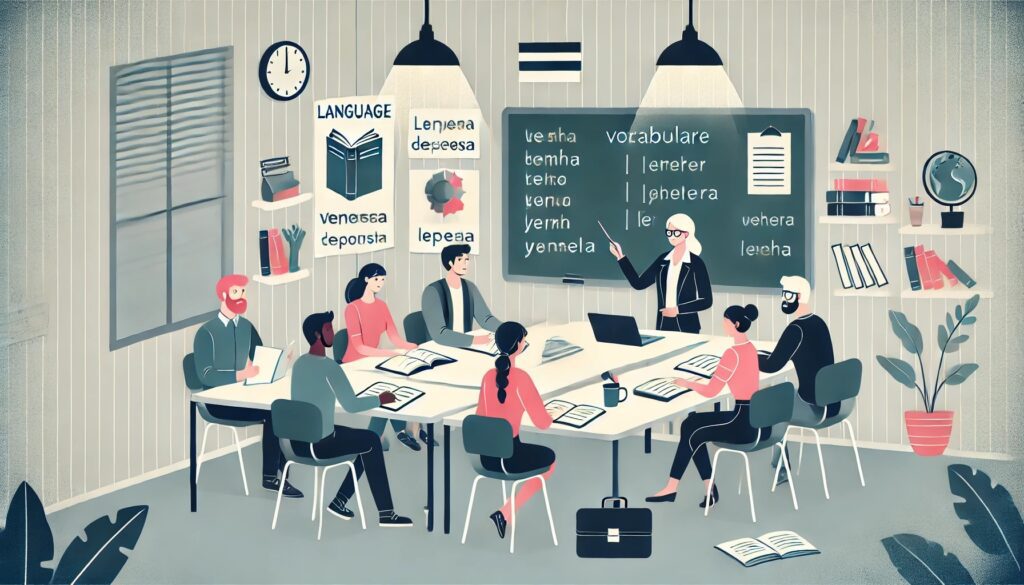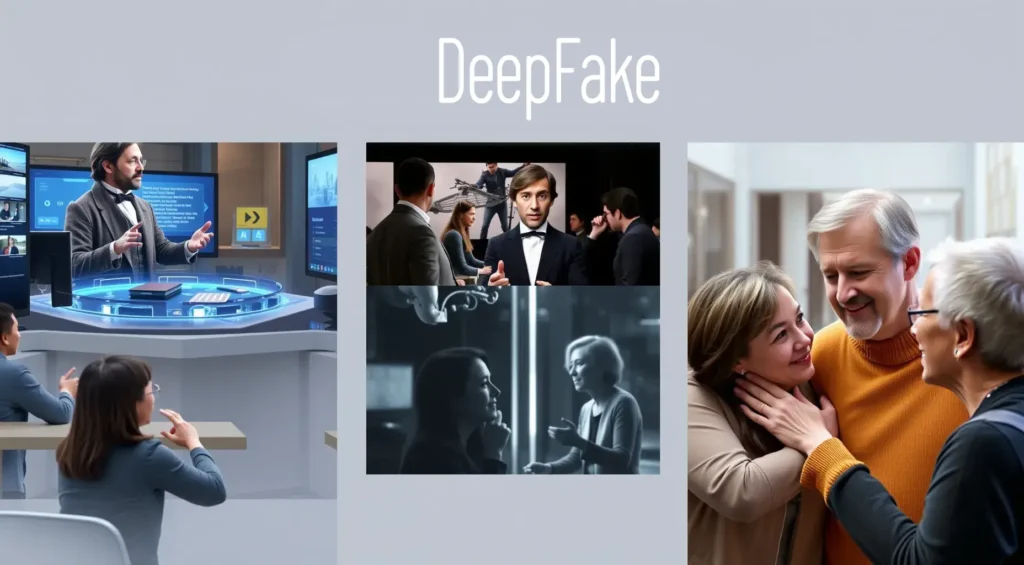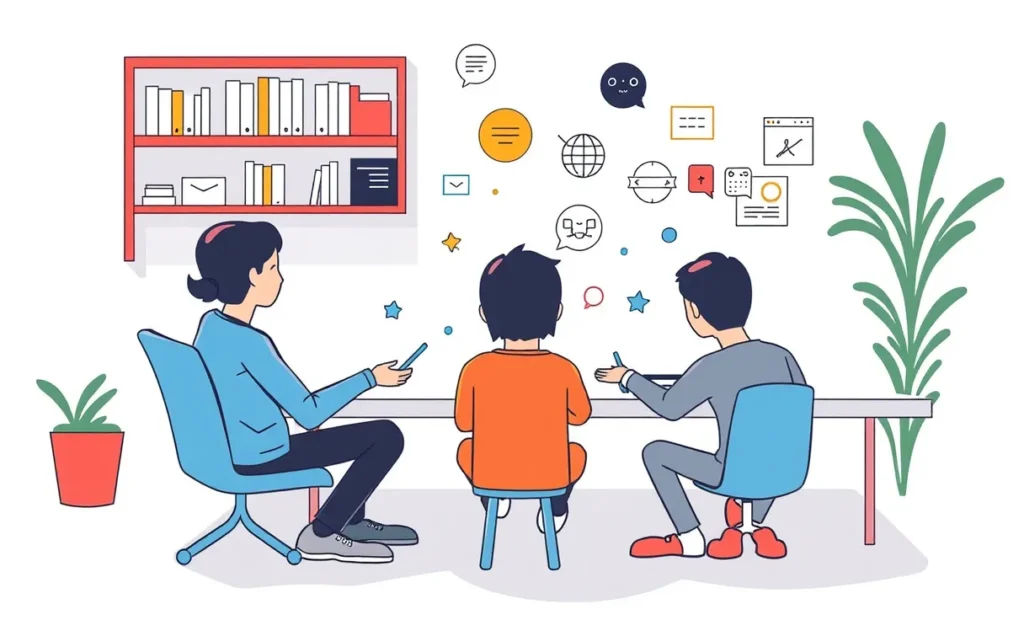
Education is undergoing a seismic shift, thanks to AI-powered adaptive learning. This transformative approach personalizes learning experiences like never before, putting self-paced education in the spotlight.
What Is AI-Powered Adaptive Learning?
Breaking Down the Basics
At its core, adaptive learning tailors educational content to individual needs using algorithms. It’s like having a personal tutor in your pocket.
AI tracks performance, adjusts the difficulty of tasks, and fills knowledge gaps dynamically. The goal? Optimize understanding without overwhelming the learner.
Why Traditional Methods Fall Short
Traditional classrooms offer a one-size-fits-all approach. Students with different abilities often struggle to keep pace—or are left unchallenged. AI bridges this gap by meeting learners where they are.
With real-time feedback and personalized support, adaptive learning nurtures growth at every level.

How AI Empowers Self-Paced Learning
Customizing Learning Paths
No two students are alike. AI crafts unique learning journeys, factoring in strengths, weaknesses, and interests.
For instance, a student excelling in math but struggling with writing will get content targeted to improve their specific skills. Customization keeps learners motivated and ensures efficient use of their time.
Monitoring Progress Intelligently
Gone are the days of static progress reports. AI provides real-time analytics on student performance.
- Visual dashboards track mastery of concepts.
- Alerts flag areas needing attention.
- Milestones celebrate achievements to keep spirits high.
Increasing Accessibility
Self-paced learning becomes more inclusive with AI. It accommodates diverse learners, from those needing assistive tools to advanced students seeking enrichment.
Imagine an AI tutor that adapts to both your pace and accessibility needs. That’s the future of education.
The Role of Gamification in Adaptive Learning
Making Learning Fun and Engaging
Gamification integrates game-like elements into education—think badges, leaderboards, and levels. It turns tedious tasks into thrilling challenges, keeping learners hooked.
AI ensures that challenges remain engaging but achievable. Progress feels rewarding, not frustrating.
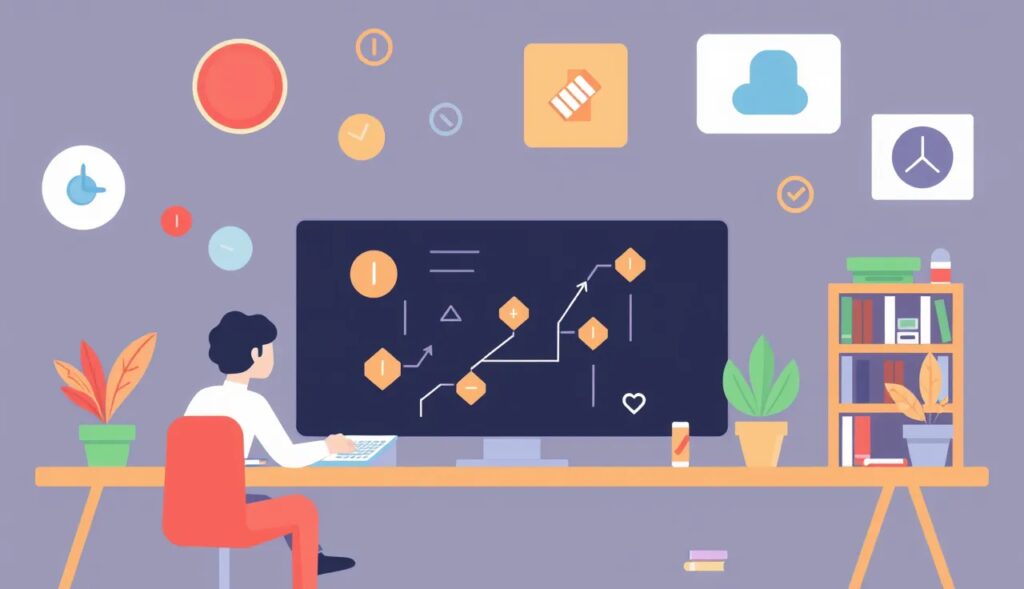
Enhancing Retention Through Play
Research suggests gamification boosts retention by reinforcing material through repetition. AI enhances this by identifying areas requiring review and gamifying them strategically.
It’s learning disguised as fun—and it works.
The Role of Data in AI-Powered Education
Harnessing Big Data for Better Outcomes
AI relies on data to optimize the learning experience. This includes:
- Student responses.
- Behavioral patterns.
- Learning pace and preferences.
Data-driven insights inform teaching strategies, making education smarter and more effective.
Ethical Considerations in Data Use
While data fuels AI, privacy is paramount. Adaptive learning platforms must adhere to strict data security standards to protect sensitive information.
Transparent policies and encrypted storage keep learner trust intact.
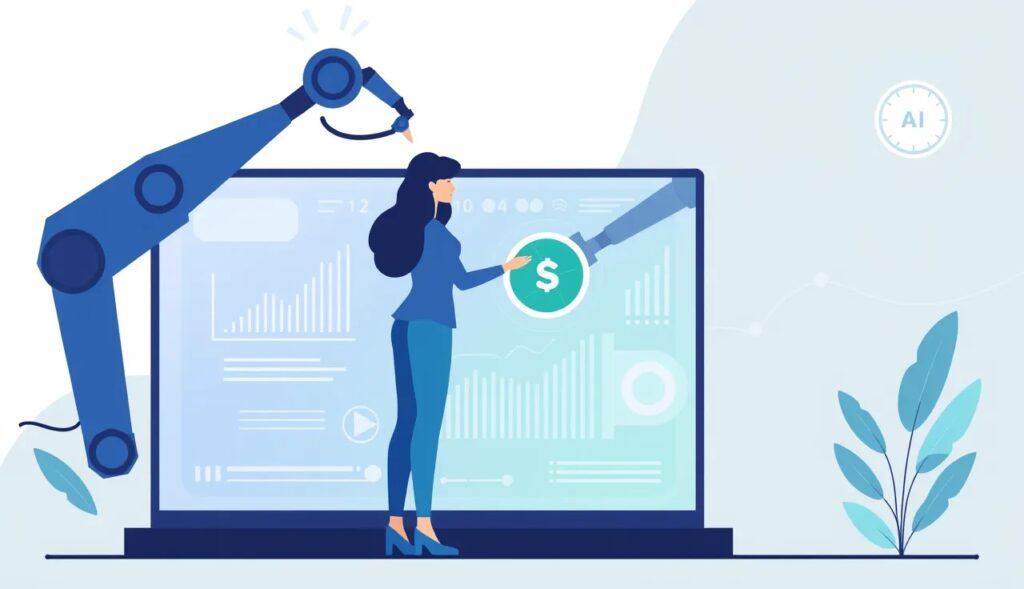
Challenges and Opportunities in Implementing AI
Tackling the Challenges
Despite its promise, adaptive learning isn’t without hurdles:
- High implementation costs.
- Need for teacher training.
- Ensuring equitable access in underserved regions.
Addressing these barriers is crucial for AI’s widespread adoption.
Opportunities for Growth
When embraced, AI transforms education into an accessible, efficient, and enriching experience for all. From K-12 to corporate training, the possibilities are endless.
Transforming Education for Different Age Groups
AI in Early Childhood Education
In early learning, adaptive AI offers interactive tools that foster curiosity and basic skill-building.
Educational apps like ABCmouse adapt activities based on a child’s progress. Parents can monitor learning milestones, ensuring kids stay on track without pressure.
For young learners, gamified platforms like these lay the groundwork for independent, self-paced study habits later.
K-12: Building Knowledge and Confidence
AI-powered systems shine in K-12 classrooms, addressing diverse needs effectively.
For instance:
- Struggling readers benefit from AI-enhanced literacy programs like Lexia.
- Advanced students access enrichment modules tailored to their interests.
The result? Personalized support boosts confidence and academic performance across the board.
Lifelong Learning for Adults
For adults, adaptive learning fosters career growth and personal development. Platforms like Coursera and Udemy leverage AI to recommend courses, track progress, and refine skills over time.
Whether it’s mastering Python or exploring creative writing, learners of all ages benefit from customized educational experiences that fit into their schedules.
Revolutionizing Assessments with AI
Real-Time, Adaptive Testing
Gone are the days of static exams. With AI, adaptive assessments evolve based on a student’s performance during the test.
Correct answers lead to progressively harder questions, while wrong ones prompt easier alternatives. This approach:
- Reduces test anxiety.
- Ensures accurate skill evaluation.
- Guides future learning pathways.
Feedback That Drives Improvement
AI assessments don’t just score; they explain. Learners receive detailed feedback pinpointing strengths and weaknesses. This enables continuous growth and promotes a deeper understanding of the material.
Imagine receiving actionable insights instead of just a grade. That’s the power of AI.
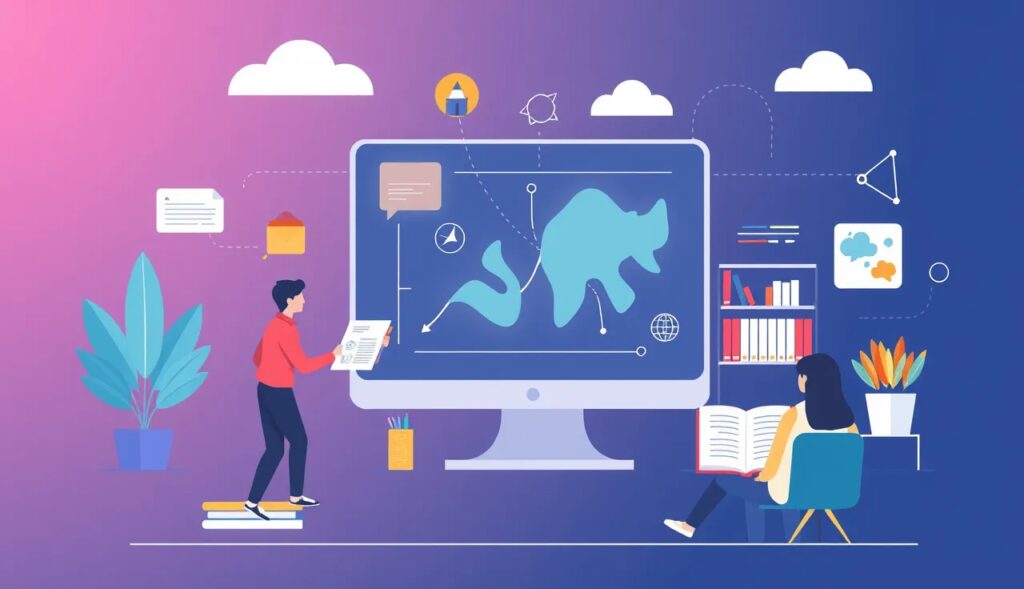
Bridging the Global Education Gap
Democratizing Education Access
AI-powered tools bring high-quality education to underserved areas. With an internet connection and basic hardware, students gain access to:
- World-class content.
- Adaptive, self-paced platforms.
- Resources that were once out of reach.
Organizations like Khan Academy are leveraging AI to close these gaps globally.
Supporting Multilingual Learners
Adaptive learning systems now offer real-time translations and language support, breaking down barriers for students worldwide.
From English learners in India to Spanish speakers in the U.S., AI ensures everyone has a seat at the table.
Empowering Educators Through AI Integration
AI as a Collaborative Teaching Tool
AI doesn’t replace teachers—it empowers them. By automating administrative tasks like grading and attendance, educators have more time to focus on teaching.
With real-time insights into student progress, teachers can adapt their lesson plans and provide individualized support where it’s needed most.
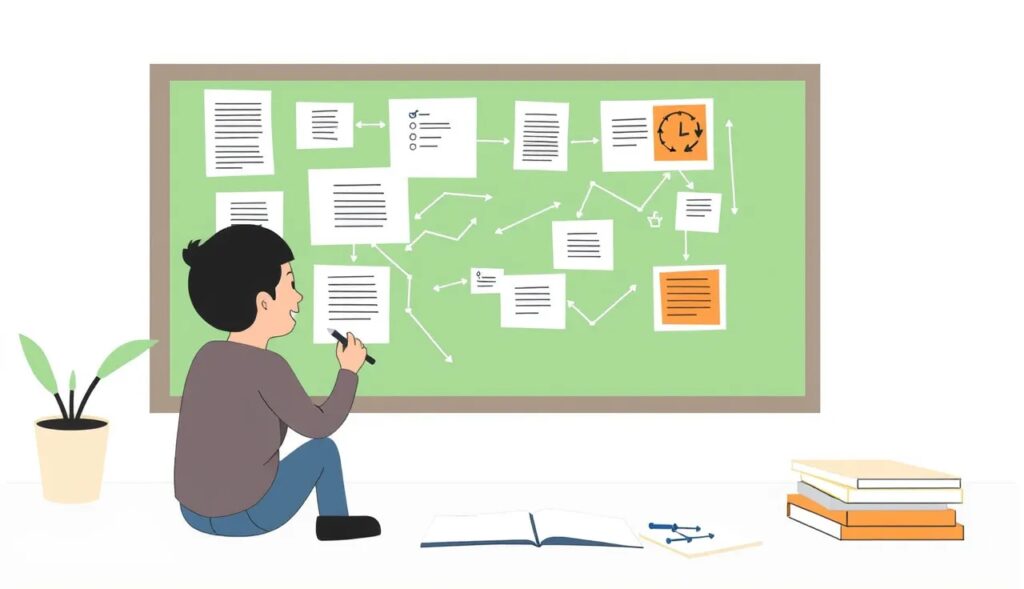
Professional Development Through AI
Adaptive learning platforms also support educators in their growth. AI identifies gaps in teaching strategies and offers targeted professional development resources.
When teachers and AI work together, education becomes more effective and engaging for all parties involved.
Future Innovations in Adaptive Learning
Virtual Reality Meets AI
Imagine stepping into a history lesson where AI-powered virtual reality (VR) immerses you in ancient Rome. Emerging technologies like VR are enhancing adaptive learning by making lessons more interactive and memorable.
AI ensures these experiences align with individual learning goals, keeping both engagement and outcomes high.
AI-Driven Collaboration Platforms
Collaboration is crucial in education. AI is developing platforms that encourage group work by balancing contributions and ensuring equitable participation.
Tools like these prepare learners for the teamwork essential in modern workplaces.

AI’s Role in Developing Critical Skills for the Future
Encouraging Problem-Solving and Critical Thinking
AI-powered adaptive learning systems aren’t just about delivering information—they’re about teaching learners how to think.
Through scenario-based simulations, interactive quizzes, and exploratory learning paths, students develop critical skills like:
- Analytical thinking.
- Problem-solving.
- Decision-making.
For instance, STEM platforms such as Brilliant.org use adaptive problem-solving exercises to help students tackle real-world challenges with confidence.
Preparing for Careers of Tomorrow
The future of work demands a dynamic skill set that evolves with technological advancements. AI-driven education ensures learners acquire skills like coding, data analysis, and creativity, which are highly valued in modern industries.
Moreover, adaptive platforms integrate micro-credentials, enabling students to showcase their expertise in niche areas, enhancing employability.
The Intersection of AI and Social-Emotional Learning
Personalizing SEL Initiatives
Social-emotional learning (SEL) helps students develop skills like empathy, resilience, and communication. AI platforms are now incorporating SEL into adaptive learning, creating a holistic education experience.
For instance, AI identifies emotional patterns—like frustration or disengagement—through sentiment analysis and adjusts lessons to reduce stress.
This responsiveness not only enhances academic outcomes but also nurtures well-being and emotional intelligence.
Virtual Mentors for Emotional Support
AI isn’t just a teacher; it can also act as a mentor. Chatbots powered by natural language processing provide learners with encouragement, support, and even stress management advice.
These tools offer a safe space for learners to express concerns, boosting both mental health and motivation.
Challenges on the Horizon for AI in Education
Addressing Equity Gaps
While AI holds the potential to democratize education, access disparities remain a challenge. Students in underserved regions may lack the technology or infrastructure needed to benefit fully from these innovations.
Addressing these gaps requires investments in affordable devices, robust internet access, and localized AI solutions that cater to different languages and cultural contexts.
Avoiding Over-Reliance on AI
A key concern is ensuring that education doesn’t become overly reliant on technology, potentially sidelining human interaction. Striking the right balance between AI and teacher involvement is critical to preserving the relational aspects of learning.
Ensuring Ethical AI Use
Data privacy remains a pressing issue. Transparent policies, student consent, and strict adherence to privacy regulations are essential to maintain trust in adaptive learning systems.
AI-Powered Adaptive Learning in Action
Success Stories from Around the Globe
- EdTech Startups: Companies like DreamBox and Squirrel AI have revolutionized math education by offering adaptive solutions that consistently improve student performance.
- Corporate Training: Firms like IBM use AI-powered systems to deliver tailored training modules, boosting employee efficiency and retention.
- Nonprofit Impact: Organizations like Pratham in India utilize AI to address literacy and numeracy gaps, making education accessible to millions.
Real-World Applications
- Personalized Tutoring: Platforms like Duolingo adapt language lessons to each learner’s pace and mastery level.
- College Prep: AI tools help high school students identify areas for improvement, boosting SAT scores and college readiness.
- Lifelong Learning: From coding bootcamps to art courses, adaptive systems ensure adult learners stay engaged and productive.
The Path Forward: Blending Innovation with Inclusivity
AI-powered adaptive learning is not a fleeting trend—it’s the future of education. As we embrace these technologies, educators, policymakers, and innovators must work together to ensure:
- Equal access for all learners.
- Ethical, secure use of data.
- Continuous innovation to address evolving needs.
By doing so, we can unlock the full potential of adaptive learning and truly revolutionize education for generations to come.
Final Thoughts
AI-powered adaptive learning is reshaping education by delivering personalized, self-paced experiences that meet the needs of learners everywhere. From gamified tools for young children to advanced analytics for lifelong learners, AI is transforming how we approach knowledge acquisition.
While challenges remain—like equitable access and ethical data use—the benefits far outweigh the hurdles. As education evolves, AI stands at the forefront, ensuring no learner is left behind in this revolution of self-paced education.
FAQs About AI-Powered Adaptive Learning
What role do teachers play in AI-powered classrooms?
Teachers are vital collaborators. AI handles administrative tasks and provides real-time analytics, allowing educators to focus on personalized interactions. For example, a teacher using Lexia might receive insights about a student’s reading struggles and adapt their approach accordingly.
Does AI-powered adaptive learning work offline?
Some platforms offer hybrid solutions. For instance, Khan Academy provides downloadable content that syncs with online systems when internet access is available. This feature supports learners in remote or resource-limited areas.
Is my data safe on these platforms?
Reputable adaptive learning platforms prioritize data security. For instance, Google Classroom and Canvas implement encryption and comply with privacy laws like GDPR or FERPA to protect student information.
Can adaptive learning help with test preparation?
Absolutely! Adaptive platforms like PrepScholar or Magoosh customize SAT, GRE, or other exam prep, ensuring students focus on areas needing the most improvement. This approach saves time while enhancing performance.
Are there free AI-powered learning tools available?
Yes! Tools like Duolingo (for languages) and Khan Academy (for a range of subjects) provide free, high-quality, adaptive learning experiences. These are excellent starting points for anyone curious about AI-driven education.
What if I prefer collaborative learning?
AI doesn’t replace teamwork—it enhances it. Platforms like Peergrade or Thinkster Math encourage group discussions, peer reviews, and collaborative problem-solving while tailoring the experience to individual contributions.
How can adaptive learning benefit struggling learners?
AI identifies knowledge gaps and provides targeted support. For example, a student struggling with fractions might receive extra practice through interactive visual aids on platforms like Prodigy Math Game.
How does AI tailor education to individual learners?
AI leverages algorithms to assess performance, behavior, and preferences, creating a customized learning path. For example, Knewton Alta adjusts difficulty levels based on how well students comprehend lessons, ensuring progress is consistent and personalized.
Can adaptive learning help students with special needs?
Yes! Adaptive platforms are designed to accommodate diverse needs. For instance, tools like Read&Write by Texthelp assist students with dyslexia through text-to-speech features and visual aids, creating an inclusive learning environment.
Is adaptive learning only for academic purposes?
Not at all. Many platforms focus on professional development and hobbies. For example, LinkedIn Learning offers tailored course recommendations for career growth, while Yousician adapts music lessons for budding guitarists and pianists.
How do adaptive platforms handle language barriers?
Many AI systems include multilingual support. For example, Duolingo not only teaches new languages but also offers localized instructions to help learners from various linguistic backgrounds grasp concepts quickly.
Are adaptive learning platforms suitable for group activities?
Yes! Some tools promote collaboration while personalizing learning for each participant. Platforms like Flipgrid encourage group discussions, while still tracking individual contributions and progress, creating a balanced group dynamic.
Do adaptive systems work for hands-on subjects like science experiments?
Adaptive platforms integrate virtual simulations for practical subjects. For instance, Labster provides immersive, AI-powered lab experiences where students can conduct experiments virtually, gaining skills before moving to physical labs.
What happens if I struggle with adaptive learning technology?
Most platforms offer intuitive interfaces and user-friendly tutorials. For example, Edmodo provides step-by-step guidance for students and educators, making it easy to navigate even for beginners.
How affordable are AI-powered adaptive learning systems?
Many platforms offer tiered pricing or even free access. For example, Khan Academy remains completely free, while others like Brilliant.org offer affordable subscriptions for more advanced content.
How do adaptive systems keep learners motivated?
Gamification is a common feature. Tools like Quizizz use rewards, streaks, and leaderboards to keep students engaged. By turning lessons into games, learners stay motivated while achieving educational goals.
Resources for Exploring AI-Powered Adaptive Learning
Free Tools and Platforms
- Khan Academy: Offers free, adaptive lessons in subjects like math, science, and arts for all age groups.
- Duolingo: A language-learning app with gamified, adaptive lessons for beginners and advanced learners alike.
- Code.org: A platform focused on coding and computer science education, featuring adaptive courses for students and teachers.
Paid and Premium Platforms
- Brilliant.org: Interactive lessons in math, science, and problem-solving, designed to adapt to a user’s pace and skills.
- Coursera: AI-powered course recommendations and certifications from leading universities and institutions.
- LinkedIn Learning: Tailored learning paths for professional and personal growth, based on user profiles and goals.
Specialized Tools for Educators
- DreamBox Learning: Adaptive math solutions for K-8 students, designed to align with classroom curriculum.
- Edmodo: A collaborative platform that integrates adaptive tools to help educators manage and enhance their teaching strategies.
- Thinkster Math: Combines AI-powered lessons with live tutors for a hybrid learning experience.
Tools for Gamified Adaptive Learning
- Quizizz: Engaging quizzes that adjust to learners’ understanding, ideal for group or individual study.
- Prodigy Math Game: A gamified math platform that adapts to learners’ skill levels while keeping them engaged.
- Labster: Virtual labs and simulations for hands-on learning in science subjects.
For Corporate and Adult Learners
- IBM SkillsBuild: Offers AI-powered learning paths for career-oriented skills, including IT and business management.
- Udemy: AI-curated course recommendations based on learning history and interests, for both technical and creative fields.
- Skillshare: Adaptive project-based learning for creative skills, from design to entrepreneurship.
